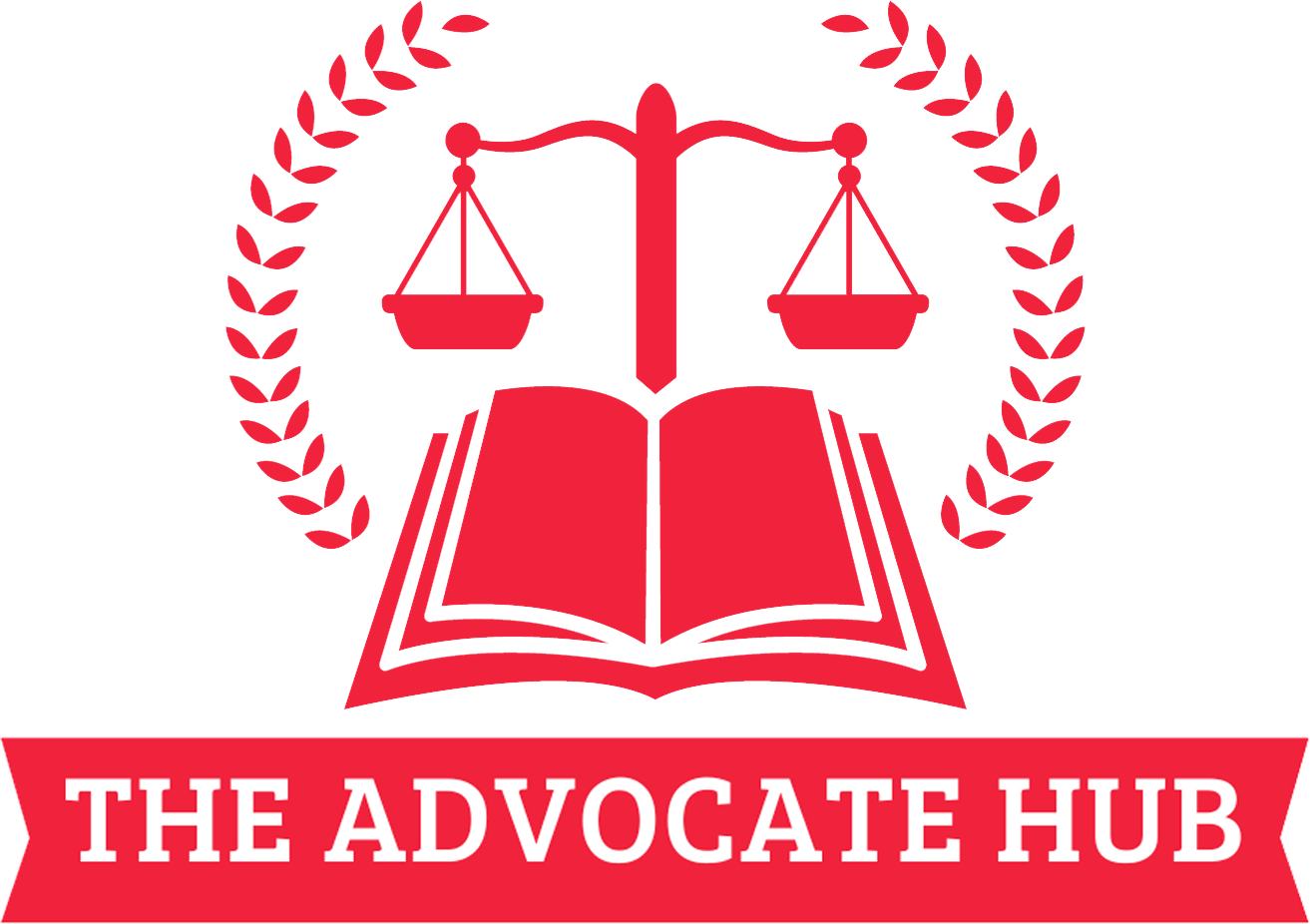Section 498A is a provision in the Indian Penal Code (IPC) that deals with the offense of cruelty by a husband or his relatives towards a wife. This law was introduced to protect married women from acts of cruelty, both physical and mental, within the confines of matrimony.
Key Points to Know:
- Definition of Cruelty: Section 498A defines cruelty as any willful conduct that is likely to drive a woman to commit suicide or to cause her grave injury or harm to her life or health. It also includes harassment for dowry.
- Who Can Be Accused: Under this law, a husband or his relatives can be accused. This includes the husband, his parents, siblings, or any other relative.
- Punishment: If found guilty, those accused can face imprisonment for up to three years and may be liable to pay a fine.
- Non-Bailable Offense: Section 498A is a non-bailable offense, which means that those accused can be arrested without bail.
- Misuse Concerns: There have been concerns regarding the potential misuse of Section 498A, where false complaints are filed for various reasons. The legal system seeks to address these concerns and prevent abuse of this law.
- Legal Recourse: If you are facing a situation related to Section 498A, it is advisable to consult with a legal expert who can provide guidance and representation throughout the legal process.
It’s important to note that while Section 498A protects the rights and well-being of married women, the legal process must be fair and just for all parties involved. Consulting with a legal professional can help navigate these complexities and ensure the law is applied correctly.
FAQs
- What is the main objective of Section 498A?
Section 498A protects married women from cruelty and harassment within their marital homes. It primarily addresses dowry demands and the consequences of such harassment.
- Is Section 498A gender-specific?
Section 498A is gender-neutral, which means it can protect both women and men from cruelty in a marriage. However, it is most commonly invoked to protect women.
- Can a case under Section 498A be settled out of court?
Yes, cases under Section 498A can be settled out of court through compromise and mutual understanding. The complainant (usually the wife) can withdraw the issue.
- What should I do if I am falsely accused under Section 498A?
If you believe you are falsely accused under Section 498A, it is crucial to seek legal counsel immediately. A qualified attorney can guide you through the legal process, provide evidence in your defense, and protect your rights.
How Our Attorneys Deal with Section 498A Cases:
Our legal team have extensive experience in handling cases related to Section 498A. They understand the complexities and sensitivities involved in these matters and are committed to ensuring that justice is served while upholding the principles of fairness. Our attorneys are well-versed in the legal nuances of Section 498A and have a track record of successfully representing clients, both those accused and those seeking protection under this law. They provide strategic guidance, navigate the legal process efficiently, and work to achieve the best possible outcomes for their clients.
Furthermore, our lawyers prioritize open communication and empathy, ensuring that clients facing Section 498A cases receive the support and guidance they need during a challenging and emotional time.
Disclaimer
The advocatehub.com is not responsible for the accuracy of the content.

